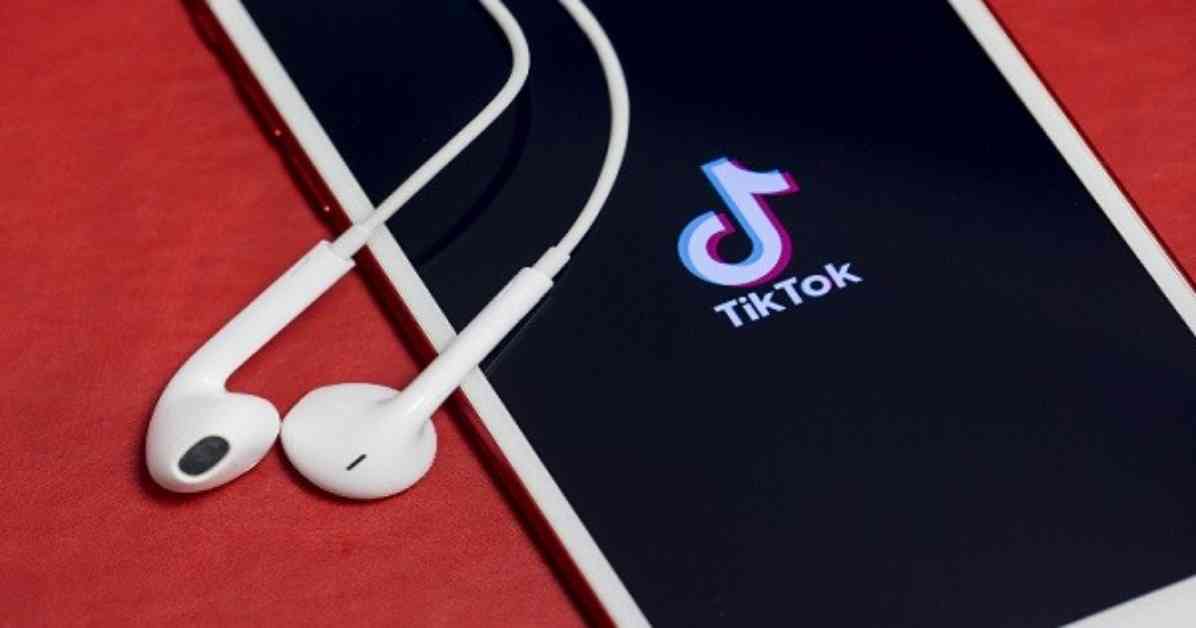U.S. Supreme Court Upholds Ban on TikTok
In a groundbreaking decision, the U.S. Supreme Court has upheld a law that would ban TikTok, the widely popular social media app that has long raised concerns about national security. The ruling mandates that TikTok’s parent company, ByteDance, must sell the platform by Sunday or face exclusion from U.S.-based app stores. This decision comes after a bipartisan law enacted last year deemed divestiture necessary to address serious national security concerns regarding TikTok’s data collection practices and its ties to a foreign adversary.
Trump’s Surprising Turnaround
The 27-page Supreme Court ruling has put President-elect Donald Trump in a tight spot, as he now supports keeping TikTok on Americans’ cell phones despite his initial push to ban it during his previous administration. Trump, in a recent post on his social media platform Truth Social, hinted at addressing the issue once he takes office on Monday. This change in stance is a significant shift from his 2020 executive order to ban the video platform if it did not sever its connection with ByteDance.
Trump’s attorney general nominee, Pam Bondi, has refrained from commenting on the enforcement of the TikTok ban, citing “pending litigation.” However, TikTok CEO Shou Zi Chew is expected to attend Trump’s inauguration on Monday, indicating ongoing discussions between the administration and the tech giant.
TikTok’s Response and National Security Concerns
TikTok CEO Shou Zi Chew expressed gratitude to Trump for his commitment to finding a solution that allows TikTok to remain available in the United States. He emphasized TikTok’s role as a platform for creativity, community building, and economic growth for millions of Americans. Despite TikTok’s claims of being majority-owned by global investors, national security officials have raised alarms about ByteDance’s connections to the Chinese government.
The bipartisan law targeting TikTok’s ownership received overwhelming support in Congress, with President Joe Biden signing it into law. The Biden administration has stressed the importance of addressing national security concerns while ensuring TikTok remains accessible to Americans under American ownership.
Conclusion
As the deadline for ByteDance to divest from TikTok approaches, the tech industry, national security officials, and policymakers are closely monitoring the situation. The fate of TikTok in the United States hangs in the balance, with implications for free expression, national security, and international relations. The ongoing saga of TikTok’s ownership underscores the complexities of balancing innovation and security in the digital age.


















